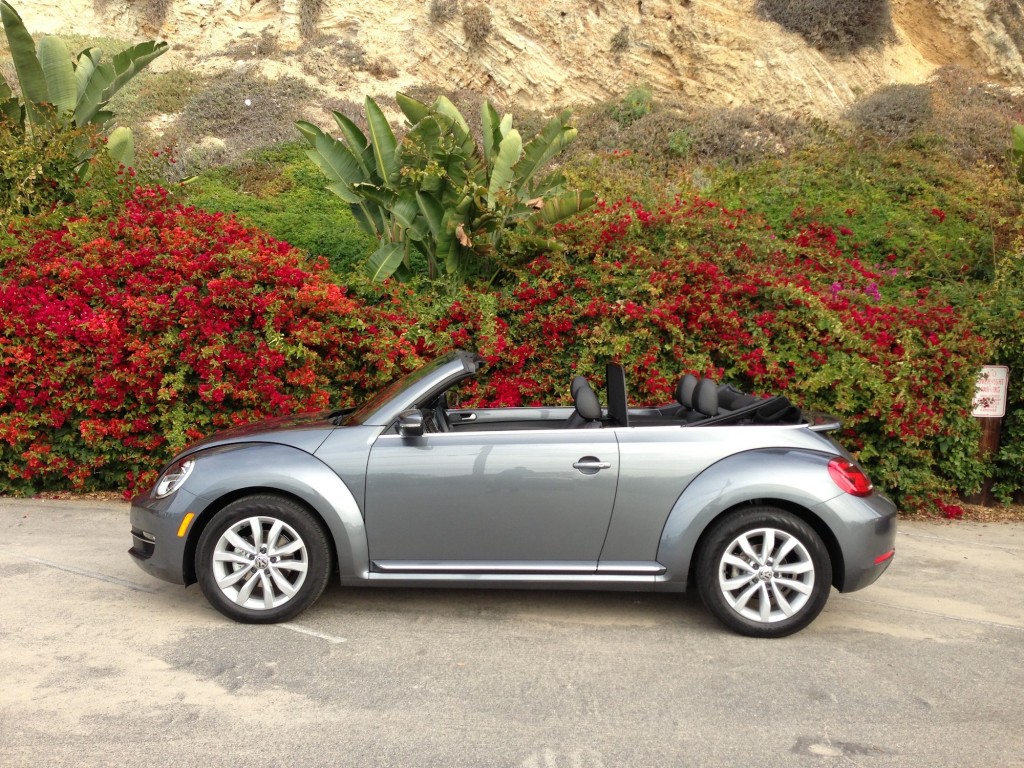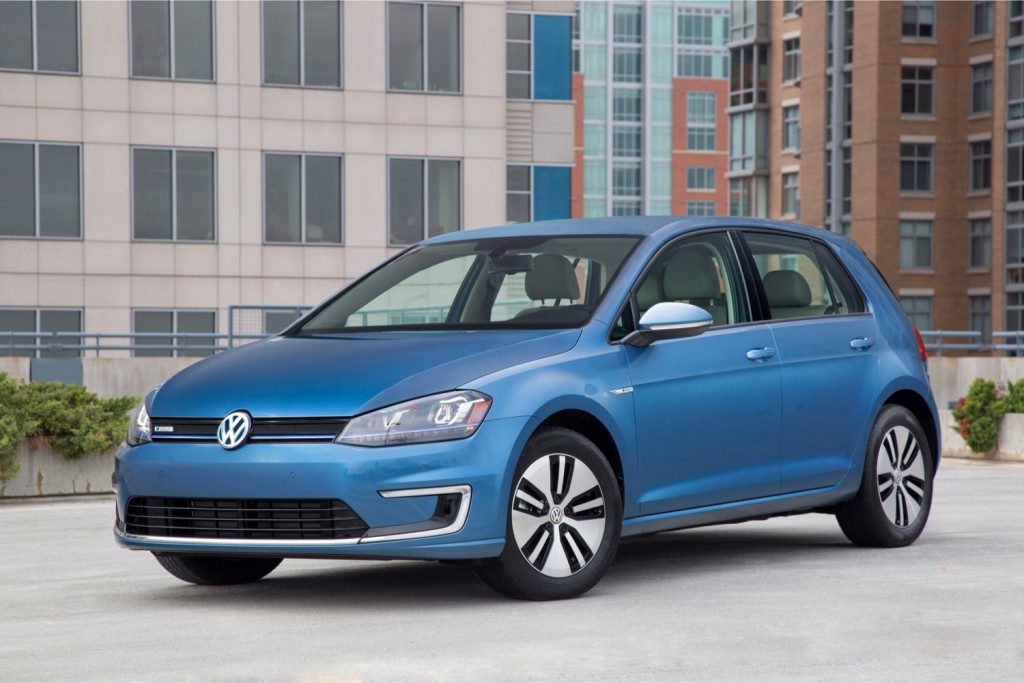The Union of Concerned Scientists (UCS) releases a semi-regular report card on automakers, ranking each by the amount of carbon emissions produced by their vehicles.
During the last round of its Automaker Rankings, Volkswagen tied for third place, behind winner Hyundai/Kia and second-place Honda.
But after the revelation that Volkswagen installed emissions "cheat" software on millions of diesel cars--including 482,000 sold in the U.S.--the UCS has decided to revise its rankings.
DON'T MISS: VW To Recall 8.5 Million TDI Diesel Vehicles Across Europe; Fixes Not Yet Revealed
Taking into account the estimated pollution from its diesel models, Volkswagen has now dropped to the bottom of the rankings, according to a recent UCS blog post.
In the original rankings, Volkswagen was in a three-way tie for third place, along with Nissan and Toyota.
But its adjusted score for smog-forming emissions has now ballooned from 92.6 to 114.8--which is considerably higher than the industry average.

2013 Volkswagen Beetle TDI Convertible first drive
That means VW is now tied for last place with Fiat Chrysler Automobiles (FCA).
The two carmakers now have the "dirtiest tailpipes" in the industry, the UCS says.
To make that determination, the group reassessed its most recent set of results, which applied to 2013-model-year vehicles.
ALSO SEE: Why Did Volkswagen Cheat On Diesel Emissions In Its TDI Cars?
The affected Volkswagen and Audi diesels encompass model years 2009 through 2015.
After adjustments, analysts found that the 2013 Volkswagen Jetta, Golf, Beetle, and Audi A3 average emissions of NOx that were 25 times higher than the legal limit, while the 2013 Passat was about 15 times above the legal limit.
UCS analysts left the fuel-economy-based rankings for the affected models unchanged, citing limited data on the effect of the "defeat device" on mileage.

2016 Volkswagen e-Golf
In Congressional testimony Volkswagen America CEO Michael Horn has said fixing the emissions problem may require both hardware and software alterations, depending on the model.
MORE: How Will VW Fix My Diesel Car, And When? A List Of All Models
But going forward, the UCS believes Volkswagen should concentrate on other vehicle categories.
Volkswagen's diesels "offer only a small improvement over gasoline versions in global warming emissions," said UCS analyst Dave Cooke, reiterating a statement made when the Automaker Rankings were originally published.
"The company could do more to reduce emissions from its overall fleet" by promoting hybrids and plug-in electric cars instead, he said.
_______________________________________________












